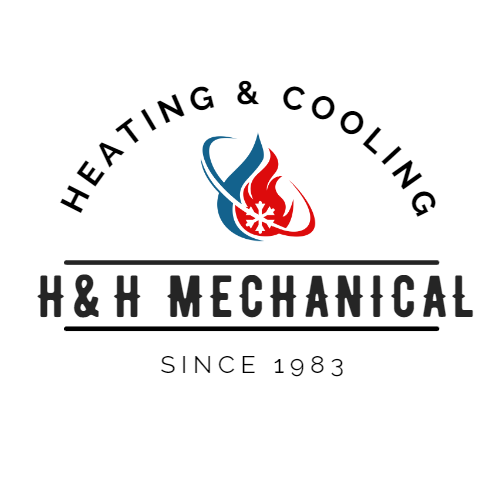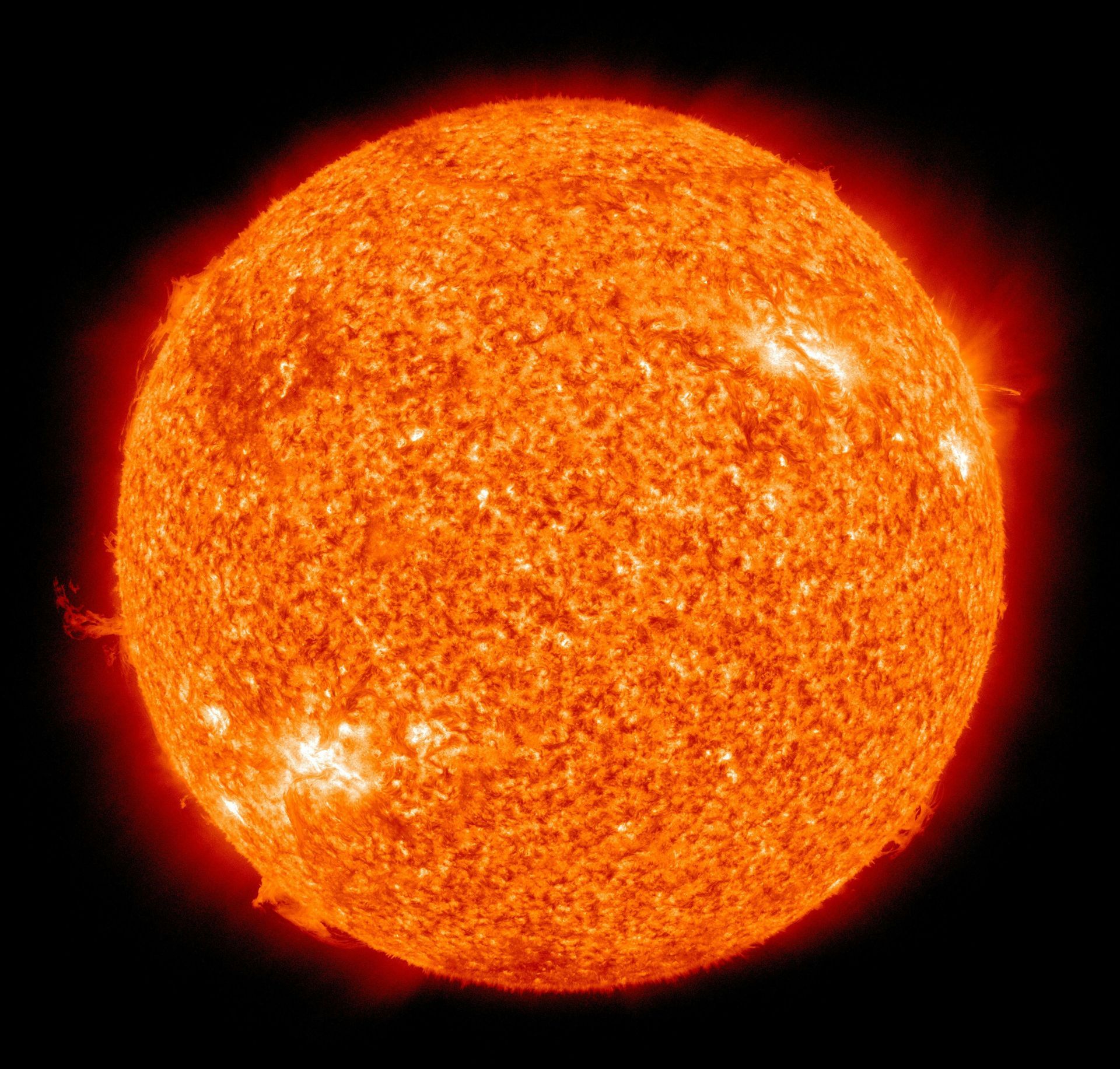Expert tips

🌡️💨 HVAC Wisdom: Why the Cheapest Price Might Cost You 💨🌡️ When it comes to maintaining the comfort of our homes, choosing an HVAC system based solely on the lowest price can lead to discomfort and larger financial losses down the road. Here’s why spending a little more on your HVAC unit or services is often a wise investment: 1️⃣ Energy Efficiency: Cheaper HVAC units might lack the latest technology that enhances energy efficiency, leading to higher utility bills month after month. 2️⃣ Durability and Longevity: A higher initial cost might give you an HVAC that withstands wear and tear better and has a longer lifespan. Lower-priced options may require frequent repairs or sooner replacements, adding to your costs. 3️⃣ Warranty and Support: Often, more expensive HVAC systems come with more comprehensive warranties and better customer support. When issues arise, having reliable help can save enormous stress and cost. 4️⃣ Overall Performance: Cheaper models often struggle to effectively or consistently manage the climate in your home, which could compromise your comfort during peak weather times. 5️⃣ Installation Quality: The cheapest service bids for HVAC installation might not guarantee skilled workmanship, which is crucial for an HVAC’s efficiency and operational lifespan. Poor installation can lead to multiple issues, including increased energy consumption and frequent breakdowns. 6️⃣ Features and Options: Higher-priced models usually offer advanced features like better air filtration, humidity control, and quieter operation—features that enhance overall comfort and air quality in your home. 🔧 Final Thought: An HVAC system is a critical investment in your home. It's about much more than just air temperature; it's also about air quality, energy efficiency, and your family's comfort and health. Don't let initial savings trick you into spending more in the long run. 💪 Opt for value and quality—a bit more expense upfront often pays off with a system that performs better and lasts longer. Your future self will thank you! #HVACsystem #HomeComfort #EnergyEfficiency #SmartChoice #InvestInQuality #HomeMaintenance #CostSavings

What Does Pollen Do to Your HVAC?: Understanding the Impact and Solutions Pollen's not just a concern for your allergies; it also poses a notable threat to the efficiency and longevity of your HVAC system. When trees, grasses, and flowers bloom, they release these tiny, powdery grains into the air, and inevitably, some of it finds its way into our homes and HVAC systems. But what does pollen actually do to your HVAC? Let's explore the impact and solutions. 1. Clogged Air Filters Air filters are the first line of defense in your HVAC system, trapping pollutants, dust, and yes — pollen. During high pollen seasons, filters can become clogged faster than usual, which impedes airflow. Solution: Check and replace your HVAC filters more frequently during peak pollen times. Consider investing in filters with a higher MERV rating that can capture smaller particles, including pollen, without restricting airflow. 2. Reduced Efficiency When pollen clogs the filter, your HVAC system has to work harder to pull air through it. This strain not only reduces efficiency but can also lead to an increase in your energy bills as the system consumes more power to maintain your desired indoor temperature. Solution: Regular maintenance, including professional inspections and cleanings, can help ensure that your system is running as efficiently as possible. 3. Increased Allergens Indoors If pollen makes its way past a dirty or inefficient filter, it can circulate through your indoor air, posing a risk to allergy sufferers. This defeats the purpose of having an HVAC system that's supposed to provide a clean, comfortable indoor environment. Solution: Consider adding air purifiers with HEPA filters to your home, especially in bedrooms, to further reduce allergen exposure inside. Also, ensure that your home is well-sealed to minimize the infiltration of outdoor air that could bring in additional pollen. 4. Strain on the Entire System An HVAC system struggling with a dirty filter and reduced airflow may experience strain on its components. The blower fan can wear out faster, and the evaporator coils can freeze, leading to potential system breakdowns and expensive repairs. Solution: Schedule preventative maintenance to ensure that all components of the HVAC system are functioning correctly. The technician can identify and address potential issues before they escalate into more significant problems. 5. Decreased Indoor Air Quality Not only can excess pollen in your system exacerbate allergies, but it can also affect people with no known allergies. Poor air quality can lead to a general discomfort, with symptoms like sneezing, coughing, and headaches being common. Solution: In addition to regular HVAC maintenance and filtration, you might also want to invest in a whole-house dehumidifier to maintain optimal humidity levels, which can help prevent the proliferation of mold and other allergens. Pollen can wreak havoc on your HVAC system if not properly managed. However, with proactive care and the right equipment, you can minimize its effects. Regularly clean and replace air filters, seal leaks in your home, and consider investing in supplemental air purification tools. By taking these steps, you can safeguard your HVAC system, maintain good indoor air quality, and ensure a pleasant and allergen-reduced environment at home.

Top 5 Energy-Zapping Habits The shift to warmer weather can come with a noticeable increase in our energy bills. As temperatures rise, so does the tendency to engage in habits that, while providing short-term relief, significantly contribute to energy wastage. Identifying and adjusting these energy-zapping habits can lead to not only a more environmentally friendly lifestyle but also substantial savings. Here are the top five habits to be aware of and adjust this summer. 1. Overusing Air Conditioning While air conditioning is a modern luxury that can make the hot summer months bearable, excessive use is among the top energy-zapping habits. Setting the thermostat too low or leaving the AC on when no one is home contributes to unnecessary energy consumption. Tip: Consider installing a programmable thermostat or a smart home system that allows you to schedule cooling times and adjust settings remotely. Setting your thermostat to a higher temperature when you’re not home can lead to significant savings. 2. Ignoring HVAC Maintenance A well-maintained HVAC system operates more efficiently and uses less energy. Neglecting routine maintenance such as replacing filters or ignoring signs that the system may not be working efficiently can lead to higher energy consumption. Tip: Schedule regular maintenance checks and clean or replace the air filter every 90 days or as recommended by the manufacturer to keep your system running smoothly. 3. Frequent Opening of Refrigerator Doors It might seem trivial, but the habit of opening the refrigerator frequently can cause a significant increase in energy usage. Each opening allows cool air to escape, forcing the fridge to work harder to maintain its internal temperature. Tip: Try to limit the number of times you open the fridge door by planning what you need ahead. Keeping the fridge and freezer well-organized can also help minimize the time the door stays open. 4. Overdoing the Use of Heat-Producing Appliances Summer is not the best time to frequently use ovens, stovetops, or other appliances that produce a lot of heat. These not only contribute to the ambient temperature of your home (making your AC work harder) but also use a lot of energy. Tip: Opt for meals that require minimal cooking, use a microwave or slow cooker, or consider grilling outdoors. 5. Poor Insulation and Air Leaks Poor insulation and air leaks around doors and windows allow cool air to escape, which can significantly increase the workload on your air conditioning unit. This, in turn, increases energy consumption. Tip: Invest in quality insulation, and use weather-stripping around doors and windows to seal leaks. These improvements can provide long-term savings and a more comfortable living environment. Summertime should be a season of enjoyment, not high energy bills. By being mindful of these top energy-zapping habits and making a few adjustments, you can enjoy a cool, comfortable home without breaking the bank. Start implementing these tips today for a more energy-efficient summer.

Why You Might Not Change the Ductwork When Replacing Your HVAC System When it comes time to replace your HVAC system, a question that frequently arises is whether the existing ductwork also needs to be replaced. Surprisingly, the answer isn't always a resounding yes. While it might seem logical to overhaul everything at once for efficiency's sake, several compelling reasons might sway your decision to retain the existing ductwork. Here's why: 1. Condition of Existing Ductwork The primary consideration is the condition of your current ductwork. If it's in good shape, free from leaks, and not showing signs of significant wear like corrosion or damage, it can often remain in place. Quality ductwork can last decades if properly installed and maintained, meaning it might outlast an HVAC unit itself. 2. Cost Efficiency Replacing ductwork is an extensive and sometimes invasive process that can significantly add to the overall cost of HVAC system replacement. If the current ductwork is still functional and efficient, keeping it can save you a substantial amount of money and time. It's all about balancing the cost versus benefits, and if the ductwork isn't contributing to energy loss or performance issues, the expenditure might not be justified. 3. Compatibility and Sizing In many cases, the existing ductwork is perfectly compatible with the new HVAC unit. Proper sizing is critical for the efficiency of the HVAC system — if the ducts were correctly sized for the old unit, and the new unit is of a similar size and capacity, there's often no need for adjustment. However, significant changes in the size or type of HVAC system could warrant a reassessment and potential replacement of the ductwork. 4. Minimal Performance Gains The performance boost from replacing ductwork might not be as significant as expected, particularly if your existing ducts are in good condition. The efficiency and functionality of your HVAC system depend largely on the unit itself, proper installation, and regular maintenance. While new ductwork can offer improvements, especially if the old system had issues, the marginal gains might not always justify the cost for systems already operating efficiently. 5. Environmental Considerations Retaining existing ductwork can also be a more environmentally friendly option. By not replacing the ducts, you're reducing waste and the demand for new materials. This approach aligns with the principles of reducing, reusing, and recycling, contributing to a lower environmental impact. Deciding not to replace the ductwork during an HVAC system upgrade isn't about cutting corners; it's about making an informed choice based on the condition, compatibility, and the potential cost and environmental impact. However, it's crucial to have your current system evaluated by a professional like H & H Mechanical to ensure that keeping the existing ductwork is the best decision for your home's comfort and efficiency. Regular inspections and maintenance will keep your HVAC system, and its ductwork running smoothly for years to come, ensuring that when the time for replacement comes, you'll be ready to make the best choice for your home.

Why Does My Air Conditioner Run in the Winter? Discovering that your air conditioner is running during the colder months can be a surprising and confusing experience. However, there are legitimate reasons for this occurrence, some of which are by design and others that might indicate a need for maintenance. Understanding why this happens can ease your concerns and help ensure that your HVAC system is functioning as efficiently as possible, even when the mercury drops. 1. Heat Pump Operation The most common reason your air conditioner seems to be active in winter is if you have a heat pump system. Heat pumps are designed to cool your home in the summer and heat it in the winter, using the outdoor unit in both operations. In heating mode, the system reverses the flow of refrigerant, extracting heat from the outdoor air and transferring it indoors. So, if your "air conditioner" is running in the winter, it's likely that it's actually your heat pump operating in its heating mode. 2. Defrost Mode In winter, the outdoor unit of a heat pump can accumulate frost, which reduces its efficiency in heating mode. To combat this, heat pumps are equipped with a defrost cycle. During this cycle, it may appear that your air conditioning is running since the system temporarily reverses back to cooling mode to generate warm air to melt the frost on the outdoor unit. This is a normal and necessary function of a heat pump in colder weather. 3. Thermostat Settings Occasionally, the reason your air conditioning runs in winter could be due to incorrect thermostat settings. If your thermostat is set to "cool" instead of "heat" or "auto," your air conditioning system will activate, regardless of the outside temperature. This is a simple fix but one that can significantly affect comfort and energy bills. 4. Integrated HVAC Systems Some modern HVAC systems integrate both air conditioning and heating into a single unit, sharing interior components like air handlers and ductwork. In these systems, even when in heating mode, parts of your air conditioning system may still operate to circulate air throughout your home. This doesn’t necessarily mean the cooling function is active, but rather that the system uses the blower to distribute warm air. 5. Malfunction or System Error If none of the above reasons apply, your AC running in winter could suggest a malfunction. This could be due to a variety of issues like a faulty thermostat, a stuck reversing valve (in heat pumps), or incorrect wiring. In such cases, it's essential to contact an HVAC professional to diagnose and resolve the problem to prevent potential damage or inefficiency. Understanding and Addressing the Issue Noticing your air conditioner running in winter isn’t always cause for immediate concern. Identifying the reason is the first step towards ensuring your system's efficiency and your home's comfort. Regular maintenance and familiarizing yourself with your HVAC system can help mitigate unexpected surprises and ensure that your system serves you well, regardless of the season. If in doubt, give us a call for a little clarity and peace of mind.

Why You Should Invest in an HVAC Maintenance Contract: Top 3 Reasons Regular maintenance of your HVAC system is not just about ensuring the comfort of your home; it's a crucial part of safeguarding the investment in your heating, ventilation, and air conditioning system. An HVAC maintenance contract can be a game-changer for homeowners, offering several benefits that go beyond the routine check-up. Here are the top three reasons why getting an HVAC maintenance contract is a wise decision: 1. Cost Savings One of the most compelling reasons to invest in an HVAC maintenance contract is the potential for significant cost savings. Here's how it affects your budget positively: Reduced Repair Costs: Regular maintenance catches issues before they escalate into major problems, reducing the likelihood of facing expensive repairs down the line. Energy Efficiency: A well-maintained HVAC system runs more efficiently, consuming less energy and thereby lowering your utility bills. Small adjustments made during routine maintenance can improve energy efficiency, leading to noticeable savings over time. Extended System Lifespan: Regular check-ups and fixes can extend the lifespan of your HVAC system, postponing the substantial cost of system replacement. 2. Improved System Performance and Comfort An efficiently running HVAC system directly impacts your home's comfort and air quality: Consistent Temperatures: Regular maintenance ensures that your system distributes air evenly and maintains consistent temperatures throughout your home, eliminating hot or cold spots. Better Air Quality: Maintenance includes cleaning or replacing air filters, inspecting ductwork, and checking the system's cleanliness. This not only improves the air quality by reducing pollutants and allergens but also enhances the overall performance of your HVAC system, making it easier to breathe and enjoy your indoor space. Reliability: Knowing that your HVAC system has been professionally inspected and maintained gives you peace of mind. You can trust that your system will work reliably, especially during extreme weather conditions when you need it the most. 3. Priority Service and Convenience Having an HVAC maintenance contract often comes with perks that make the service even more worthwhile: Priority Service: Contract holders typically receive priority scheduling for maintenance visits and repairs. This means if your system breaks down, especially during peak seasons, you'll be at the top of the list for service calls. Reminder Services: It can be easy to forget about scheduling maintenance visits. Most companies that offer maintenance contracts will keep track of this for you, reaching out to schedule your bi-annual maintenance visits at the appropriate times. Comprehensive Service Records: With a contract, your HVAC provider maintains a history of all services performed on your system, allowing for a more tailored and efficient service experience. This comprehensive history can also be valuable for warranty claims and when assessing the health and longevity of your system. Investing in an HVAC maintenance contract is not just about fulfilling a routine maintenance checklist; it's about securing a partnership that ensures the longevity, efficiency, and reliability of your heating and cooling system. The peace of mind, cost-saving benefits, and enhanced performance of your HVAC system make the maintenance contract a worthwhile investment for any homeowner. Prioritizing your home's comfort and your system's health through a maintenance contract will always be a smart choice for the savvy homeowner.






